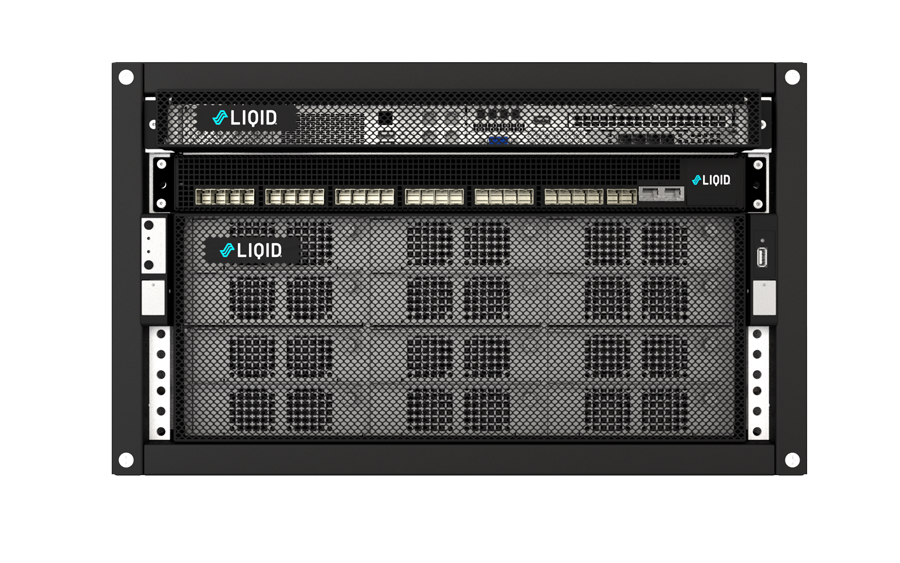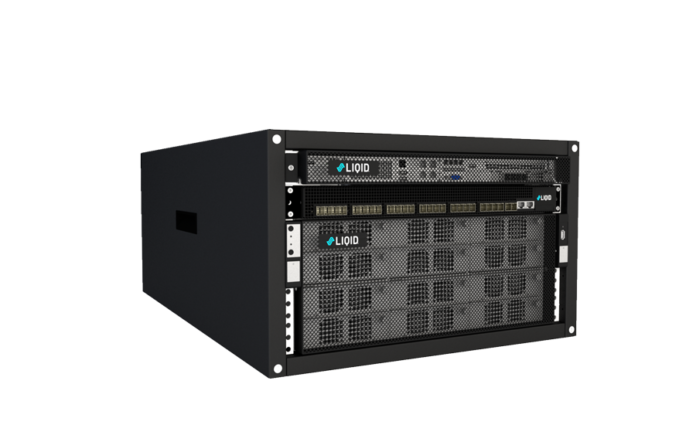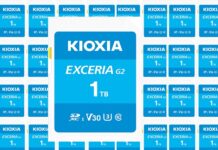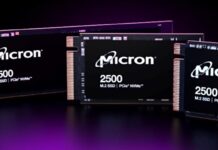Composable infrastructure firm Liqid has produce a reference design kit with Broadcom for solutions that use PCIe 4.0 fabric for connectivity.
Liqid’s composable infrastructure architecture uses industry-standard data centre components such as servers, storage, GPUs and FPGAs, linked via a high-speed fabric to allow customers to dynamically compose systems with the resources to match their current requirements. The magic ingredient is Liqid’s Command Center software to orchestrate it all.
PCIe is the fabric of choice for interconnecting the components – although others are supported. Liqid has already added support for PCIe 4.0 components, including the LQD4500 PCIe 4.0 SSD, described by Blocks & Files in August 2019 as possibly the world’s fastest SSD.
To further drive data centre adoption of high-speed PCIe connectivity, Liqid and Broadcom have jointly produced a PCIe 4.0 reference design kit (RDK) to enable research and development departments to quickly evaluate and accelerate deployment.
The RDK includes all the components needed to get started with application testing and validation, according to Liqid. This consists of:
- Liqid Command Center fabric and orchestration software
- Fabric management node
- 24-Port PCIe 4.0 fabric switch
- PCIe 4.0 expansion chassis
- Two PCIe 4.0 HBAs
- 17 Mini-SAS HD cables

Target customers for the RDK include vendors, system integrators, and engineers at HPC sites looking to build new infrastructure. Users can begin test and development by writing software against Liqid’s RESTful API or using the intuitive user interface.
Broadcom’s contribution is the PEX88000 series of PCIe 4.0 switch silicon, which is claimed to drastically increase performance and reduce latency compared with PCIe 3.0 products. High speed and low latency are required to maintain performance in a disaggregated platform held together by a network fabric, and PCIe 4.0 doubles the throughput over Gen 3.0, achieving bandwidth of up to 256 GT/s per port.
The RDK ships by default as a pre-racked configuration and includes all necessary cabling, documentation, reference code, and OS images to get started in minutes, simply by connecting up and supplying power, Liqid says.
The RDK is available today from Liqid, and later this year from Broadcom and channel partners.








